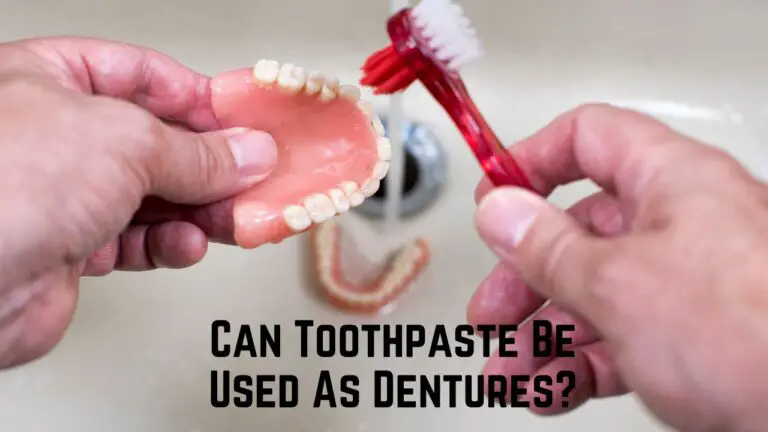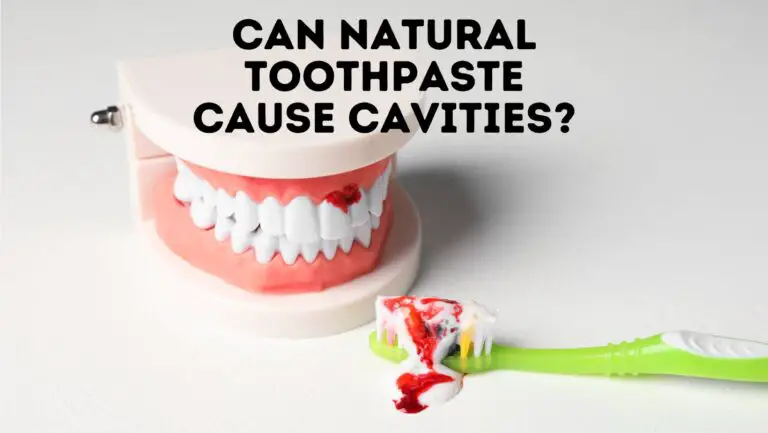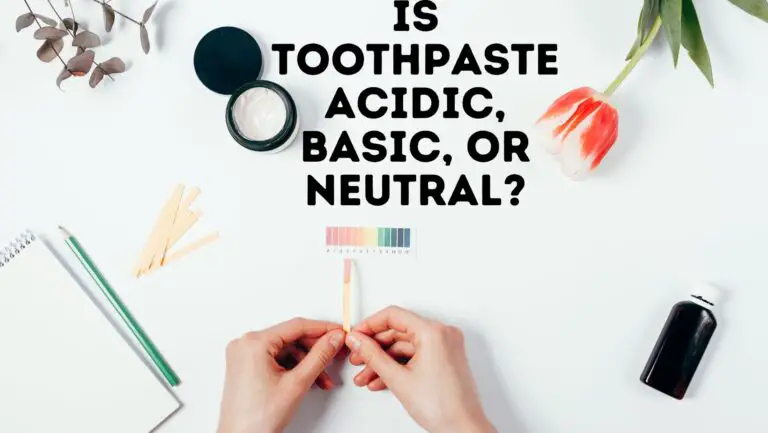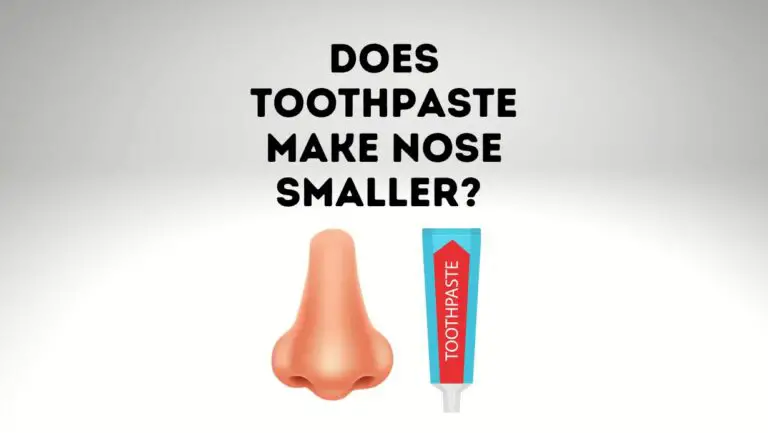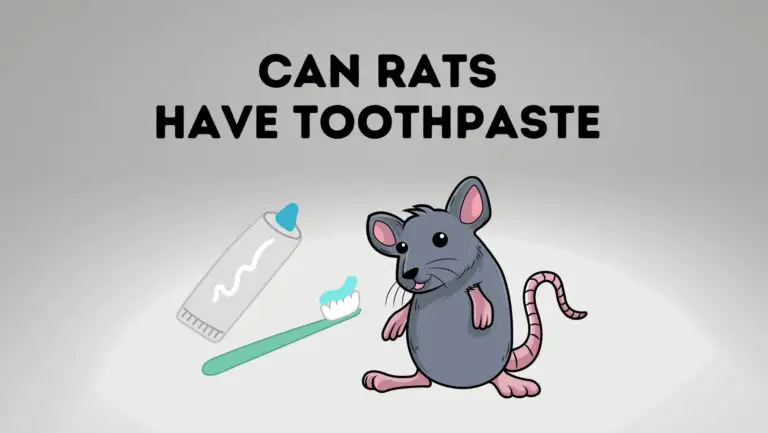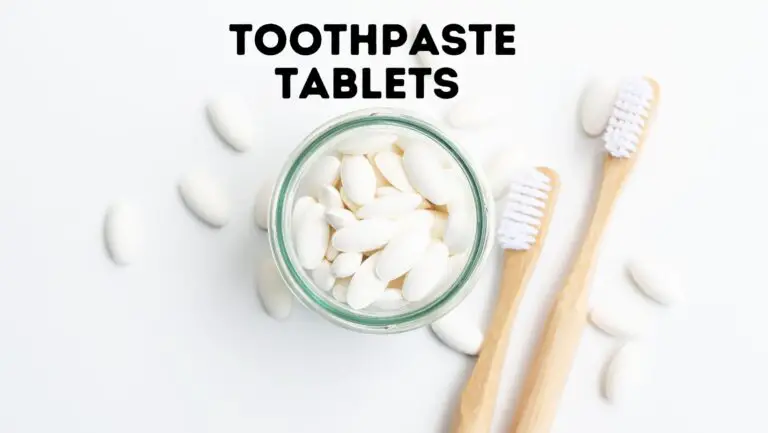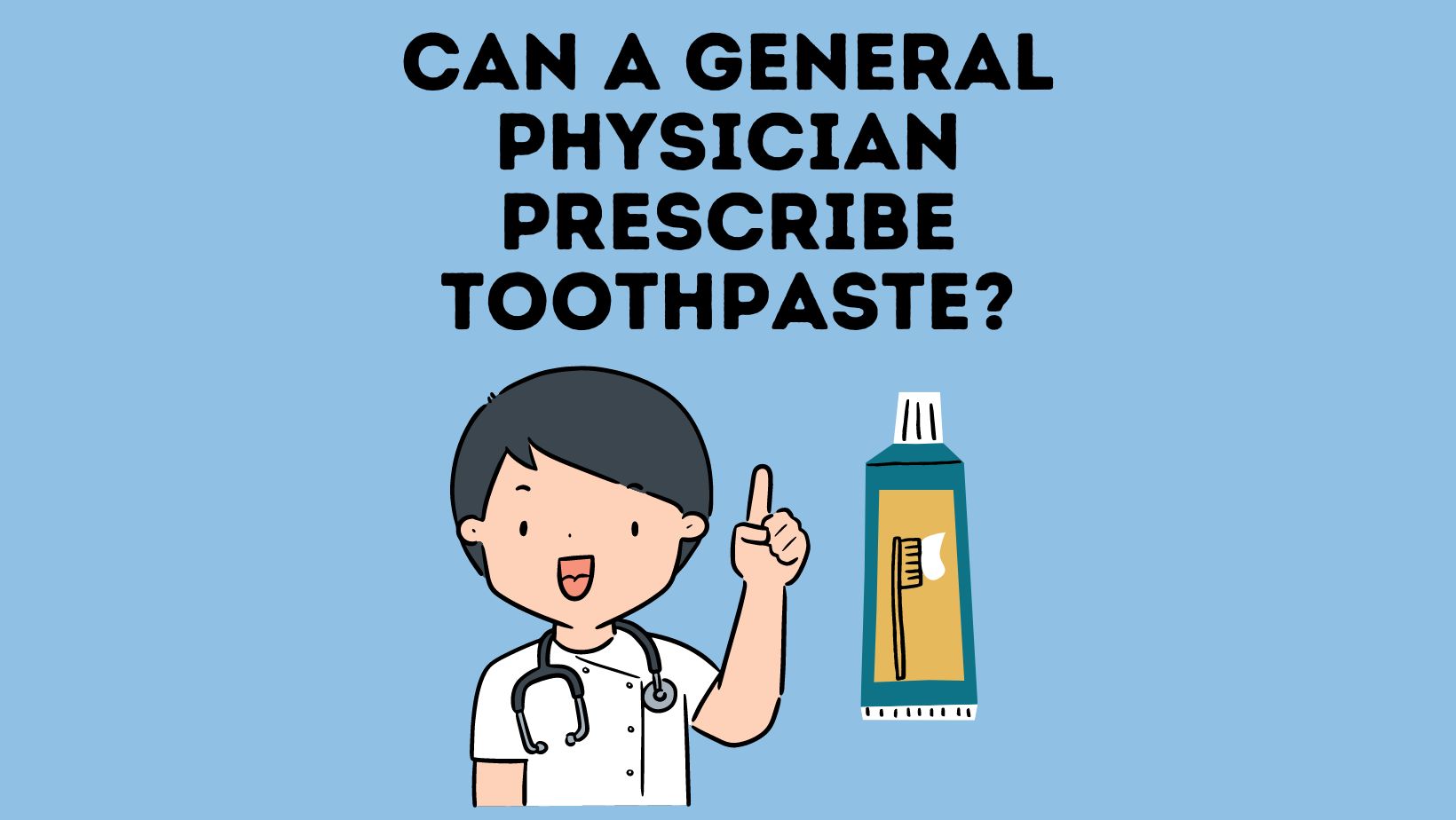
To maintain good dental and oral hygiene, people simply pick a popular toothpaste from a local store. Some concerned individuals even make efforts to visit a dentist and ask them to prescribe suitable toothpaste. However, there are certain sets of people who even opt to ask a General Physician for toothpaste recommendations. It happens when either an area lacks a good dentist or with individuals aren’t educated enough about what a dentist is capable of. But, over all this, the question is, Does a General Physician has the authority to prescribe toothpaste?
Join us in this article as we explore the role of the General Physician in oral and dental health. We will also discuss circumstances where a General Physician can give dental health-associated recommendations. The article will also cover topics like boundaries and responsibilities of GPs regarding the significance of regular dental check-ups and much more. So, to get the most out of it, make sure you stick with us till the end.
Table of Contents
Does a General Physician have the authority to prescribe toothpaste?
No, a General Physician or a GP primarily focuses on general health concerns. They aren’t specialized in dentistry, and thus, most of the time, GP does not have the authority to prescribe toothpaste. Although, since toothpaste is an over-the-counter product, most people either pick it on their own or try reaching a GP for the same. However, it is worth noticing that for any dental and oral health-related advice, visiting a dentist is a smart decision.
However, again, a General Physician may still offer guidance on oral hygiene practices. A GP can educate and advise their patient about the importance of a good dental care routine. They may, in fact, have suggestions on toothpaste options based on individual dental conditions, be it sensitivity, plaque, cavity, or gum issues. But still, regardless of that, a GP’s advice on dental and oral care cannot be as valuable as that of dentists. Only a dentist is educated and experienced enough to diagnose and treat dental problems, offer personalized advice on oral hygiene practices, or even advice on a specific toothpaste.
Who Is A General Physician, And What Can He Address?
A General Physician, aka GP, is a general practitioner, typically a medical doctor who offers primary health care to humans. A General Physician is the first point of contact for various health concerns. They can address a wide range of health issues, from allergies to skin conditions, digestive issues, musculoskeletal problems, respiratory infections, immunity-related issues, mental health concerns, and much more. They address both acute and chronic medical concerns.
GP plays an important part in diagnosing, treating, and managing common health concerns and conditions. They are, in fact, skilled in performing physical examinations, providing basic treatment, prescribing medication, and ordering diagnostic tests. Not only that, but General Physicians also offer preventive care by promoting healthy lifestyles and managing chronic diseases.
How is A General Physician Different From A Dentist?
Whereas a Dentist is a specialized healthcare provider. The role of the dentist is to focus on oral and dental health only. Besides general medical education, dentists undergo additional training that teaches them to diagnose and treat dental issues. A Dentist can address tooth decay, gum disease, oral infections, tooth loss, and malocclusions (misaligned teeth or jaws). In addition, dentists also perform orthodontic treatments and procedures like fillings, root canals, extractions, etc.
A General Physician can provide general oral hygiene guidance or may even recommend toothpaste. However, dentists are those experts who can provide dental care, comprehensive oral examination, and specialized treatments. Their role in preventive dentistry is significant and cannot be overruled by that of a General physician.
Under what circumstances can a General Physician give dental health-associated recommendations?
While general physicians are not specialized in dentistry, they may give dental health-associated recommendations under selective circumstances. For example:
- General Physicians offer dental health-related advice on general oral hygiene practices. They can encourage their patients to maintain good oral hygiene habits and follow proper brushing and flossing techniques.
- General Physicians may offer dental care advice on canker sores, minor oral infections, or temporary tooth sensitivity.
- General Physicians can recommend over-the-counter remedies for treating basic teeth or gum pain/ infection.
- General Physicians can advise their patients regarding the link of oral health with conditions like cardiovascular disease, diabetes, or pregnancy complications.
- General Physicians can check and refer patients to a dentist for further evaluation and specialized treatment.
Why do dentists use prescription toothpaste?
Dentists may prescribe toothpaste for a range of different reasons. Here are a few important ones to mention:
- Dentists prescribe toothpaste for one or the other specialized treatment. Prescription toothpaste typically contains specific active ingredients or concentrations which aren’t common to find in your regular over-the-counter toothpaste. This specialized toothpaste can target particular dental conditions; thus, dentists prescribe toothpaste. For instance, dentists typically recommend toothpaste with higher fluoride content to fight tooth decay. Or perhaps a toothpaste with desensitizing agents for patients with sensitive teeth.
- Dentists advise toothpaste in case of periodontal disease, aka gum problems. In such cases, dentists prescribe toothpaste that contains antibacterial agents or enzymes. Toothpaste like this can reduce inflammation, control bacterial growth, and manage the growth of the infection.
- Dentist prescribe toothpaste commonly for patients undergoing orthodontic treatment. Especially patients with braces must only use toothpaste advised by their dentist.
- Dentists also prescribe toothpaste after procedures like crowning or bridging, dental implants, or more to support the longevity and maintenance of these restorations. Prescription toothpaste prevents plaque buildup and thus reduces the risk of complications.
- Prescription toothpaste is typically recommended on an individual basis. Dentists are known for their expertise in the oral health department; therefore, their prescription toothpaste and comprehensive treatment plan benefit patients.
What type of toothpaste do you need a prescription for?
Generally, most toothpastes are over-the-counter products, and you do not need a prescription for them. However, depending on the country and specific regulations in place, certain toothpaste may require a prescription. For instance, toothpaste containing higher fluoride concentrations may require a prescription.
Dentists often advise such toothpaste for patients with a high risk of tooth decay or those with specific dental conditions. Or toothpaste with potassium nitrate or strontium chloride might also need a prescription. Besides that, some toothpaste with specific medications or active ingredients may also require a prescription.
Dental health care boundaries of a General Physician
Here are some professional and ethical boundaries of a General Physician regarding dental and oral health:
- General Physicians cannot diagnose and treat complex dental conditions. They usually have to refer patients to dentists or dental specialists.
- General Physicians aren’t separately trained and thus cannot perform dental procedures. They have little to no knowledge of oral anatomy and thus cannot perform fillings, extractions, or root canals.
- General Physicians have limitations when it comes to dental-specific medications.
- Due to a lack of tools and training, General Physicians cannot conduct comprehensive dental examinations.
Wrapping up…
While a General Physician may offer guidance and recommendations on toothpaste selection, they aren’t authorized to prescribe toothpaste.

Hi, This is Lyn, I suffer from dental sensitivity for a very long time. PowerToothpaste.com is where I share my views of various toothpaste brands, along with tips on how to use toothpaste and what to look for when purchasing.

